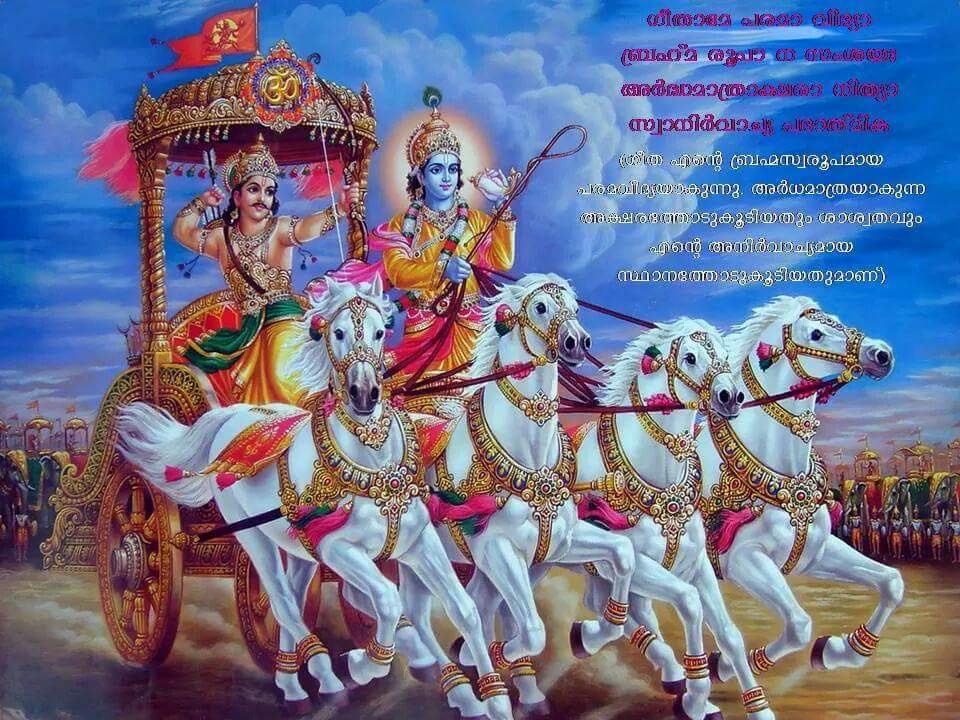Bhagavad Gita, The Song of God - Chapter-2.39: Swami Mukundananda

===================================================================================== Wednesday 01, May 2024. 07:50. Chapter 2: Sankhya Yogam The Yogam of Analytical Knowledge =================================================================================== Slogam - 39. "Esha te ’bhihita sankhye buddhir yoge tvimam shrinu buddhya yukto yaya partha karma-bandham prahasyasi." ====================================================================================== esha—hitherto; te—to you; abhihita—explained; sankhye—by analytical knowledge; buddhi yoge—by the yoga of intellect; tu—indeed; imam—this; shrinu—listen; buddhya—by understanding; yuktah—united; yaya—by which; partha—Arjuna, the son of Pritha; karma-bandham—bondage of karma; prahasyasi—you shall be released from. ======================================================================================= Translation: BG 2.39: "Hitherto, I ...





